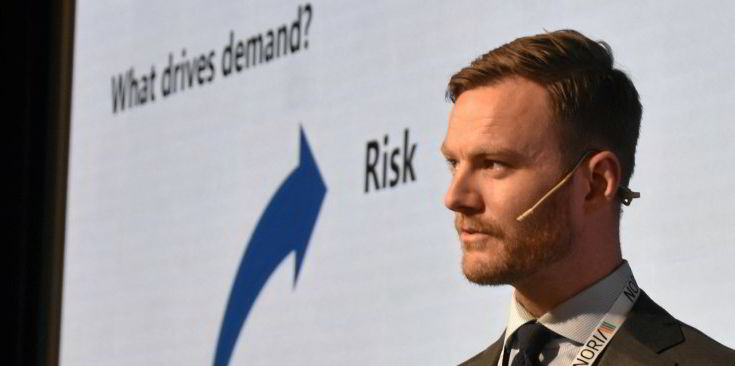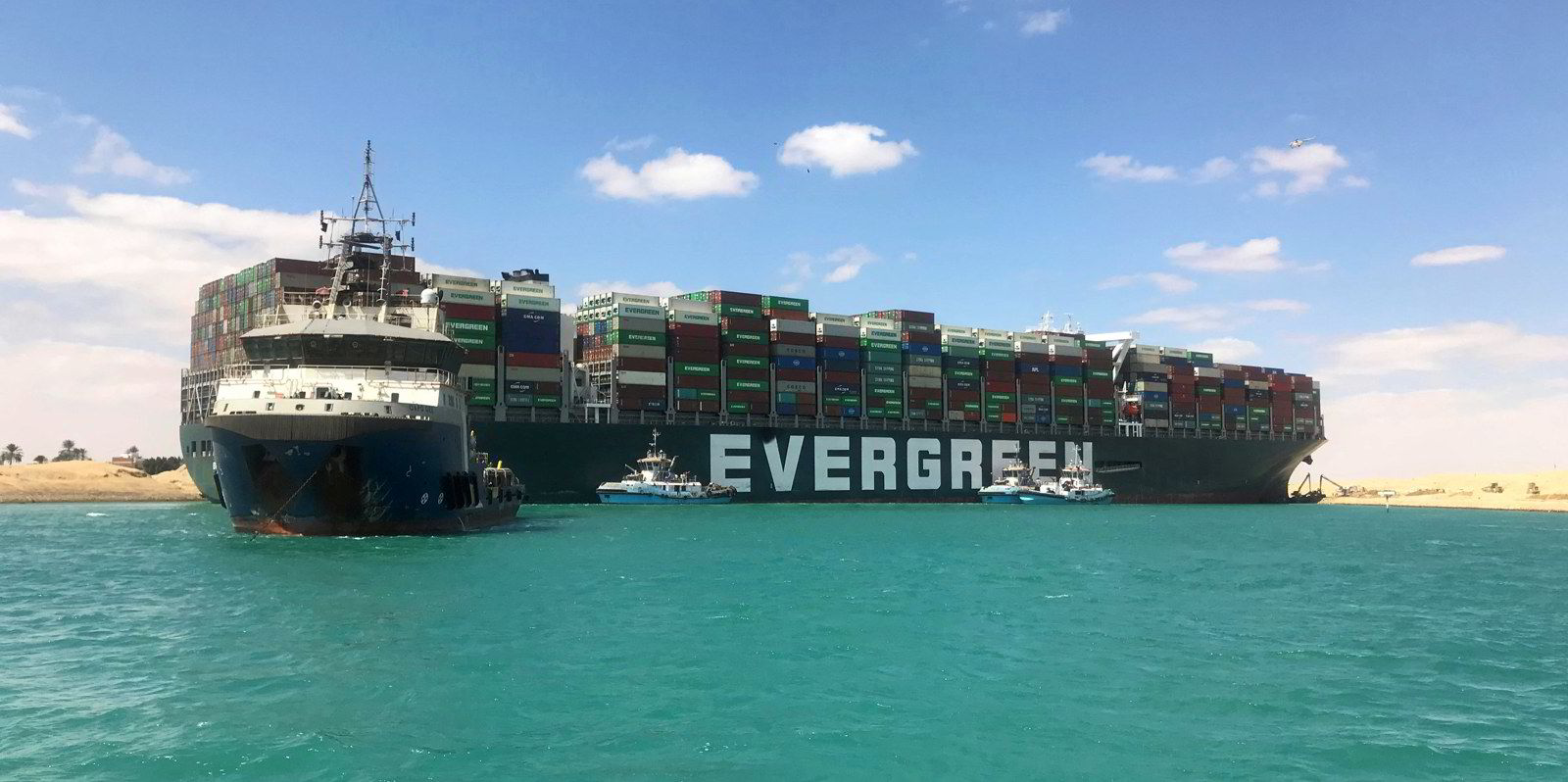Marine insurers are learning a lot from confronting the modern risks that their clients or members face. But they are failing to turn their knowledge into new products to protect their insureds.
So believes Anders Langeland Johannessen, head of special risks for Lockton Marine and managing director of Bergen-based subsidiary Lockton Edge.
Pandemic risk, cyber-crime risk, sanctions and other political risks, and climate risks are among the threats from which owners lack adequate ways to protect themselves.
“As an industry, we have the capacity [to cover such risks], but we are struggling to keep pace with demand from a client perspective,” Johannessen said.
His criticisms of the failure of the marine insurance industry to find ways to cover new risks found broad agreement at the Marine Insurance Nordics conference in Oslo.
Cyber-crime risk was one area in which abundant new experience has failed to bring forth solutions.
“The only thing we’ve learned after all these years facing those risks is how to exclude them, or to offer relatively unsophisticated property loss cover,” he told delegates.
Pandemic risk, or communicable disease risk as underwriters categorise it, is an example of how experience has failed to develop into cover.
One form of political risk that shipowners face — the risk of seizure of vessels — has taken a number of modern forms, but is also insufficiently addressed, he believes.
“The loss of revenue is still largely uninsured,” Johannessen said. “It’s something it’s possible to do something about, but we don’t.”
One challenge that will become more topical from the beginning of 2023 is the risk of non-compliance with the International Maritime Organization’s environmental regulations such as the Carbon Intensity Indicator (CII).
Generally speaking, non-compliance with regulations is not covered by insurance.
But Johannessen believes that when CII comes into force, there may be special cases of non-compliance or alleged non-compliance that call for attention from insurers. That might be when a mechanical breakdown makes a ship non-compliant, or when port-state authorities in some jurisdictions have unexpected ways of interpreting the IMO regulation.
More generally, he characterised climate risk as presenting a set of “unknown unknowns” that will demand flexibility to address.
Among the reasons for the perplexity of marine underwriters about how to cover modern classes of risk is the way the industry prices its services. Insurers and their brokers approach their clients too much on a transactional basis and too little as providers of consultancy services.
Another reason is a failure to exploit risk data as a resource, he suggested.
“We don’t take enough interest in the data, and both knowledge of the data and sharing of the data are lacking,” he said.
“Generally, we are too comfortable to break the wheel and fully embrace technology as a tool to innovate and create efficiencies.”
Some have objected that shipowners are too conservative to be a market for unfamiliar products, and would generally only insure themselves against risks that they had already faced. The Lockton Marine broker had a ready answer to that.
“I’m still alive, but I do buy life insurance,” he said.




